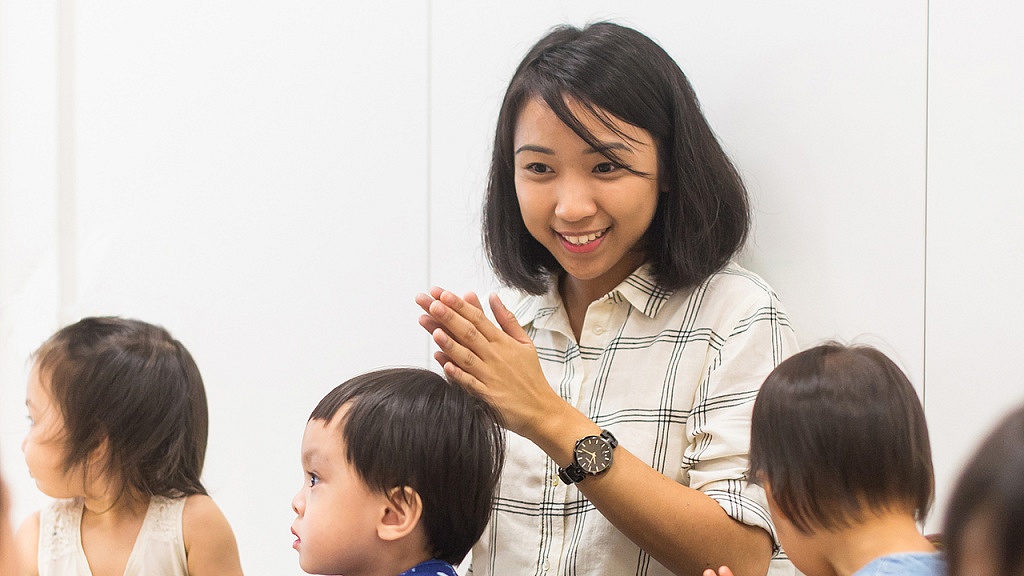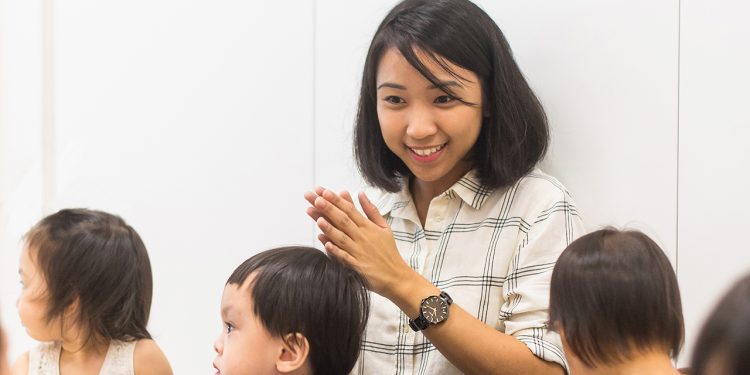Story by Shukry Rashid

Taking care of younger children seemed like a step back in her career as a preschool teacher to some of her friends, especially considering that she has a bachelor’s degree in Early Childhood Education. But 27-year-old Noor Hasni Osman did not mind because that is where her passion is.
She first joined the Early Childhood Care and Education industry six years ago because she found it fulfilling. But when she started her career at My First Skool as a teacher, it was not all smooth-sailing as it was not quite like how she imagined.
Ask any mother and they will say that taking care of a toddler can get quite a handful. Imagine what preschool teachers have to do every single day.
“When I first started, it was not easy because I was taking a class of toddlers. But the support that I got from my employers was welcoming; I had my principal and senior teachers giving me advice and lending a hand when things go out of hand,” added Hasni.
Taking care of and teaching older children is a logical career progression for many preschool teachers. But this was not the case for Hasni who has always been more interested in younger children.
“Working with younger children helps me to develop a sharper mind. This helps me communicate better with people,” said Hasni, who joined NTUC First Campus’ The Caterpillar’s Cove as an English teacher three years ago.
Teacher to Mentor
To advance her career, Hasni’s principal nurtured her into a leader and mentor to other preschool teachers. She recently graduated with the Advanced Certificate in Early Years from SEED Institute.
She is currently the infant care lead at The Caterpillar’s Cove’s Devan Nair Institute for Employment and Employability Institute outlet, and mentors four other preschool teachers. Together, they take care of 12 children aged between two to 18 months.
Recalling the challenges she has had, Hasni thanked her mentors for guiding her throughout her journey.
She explained: “They didn’t just inspire me to be a good teacher and educator to the children and their families, but also a better individual.”

